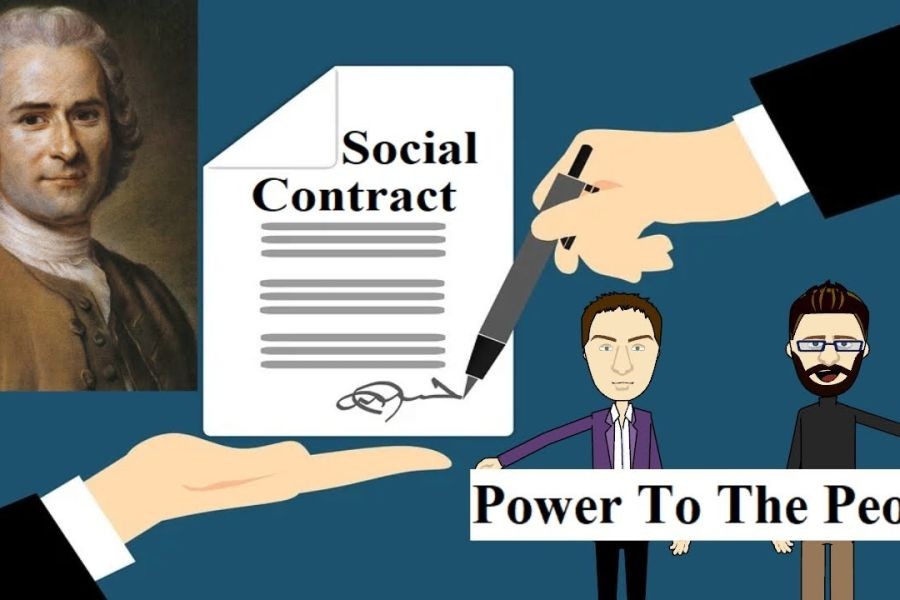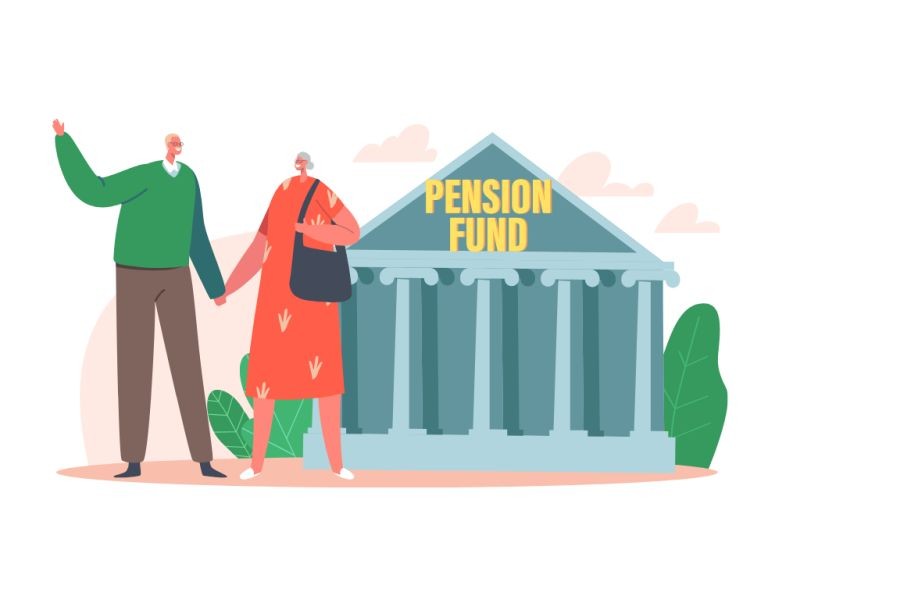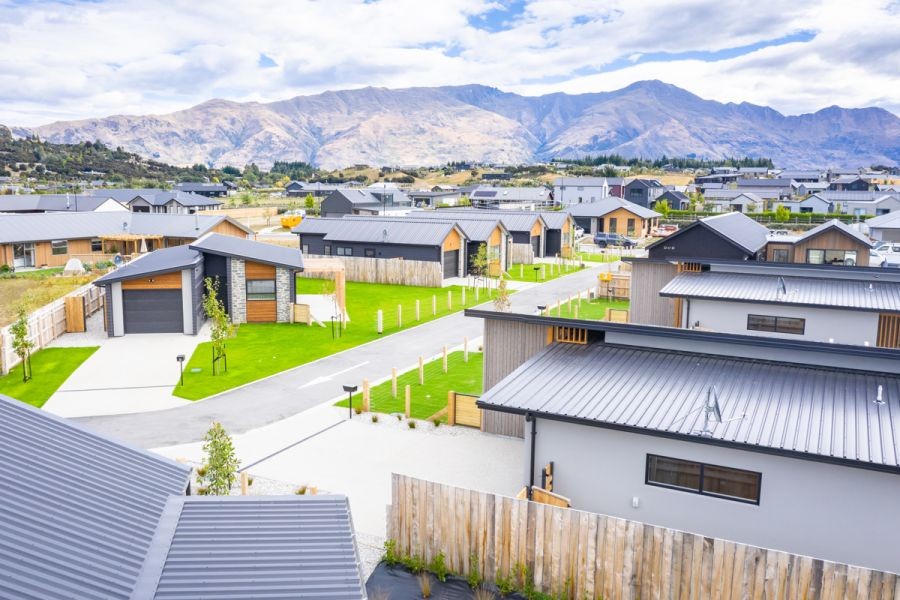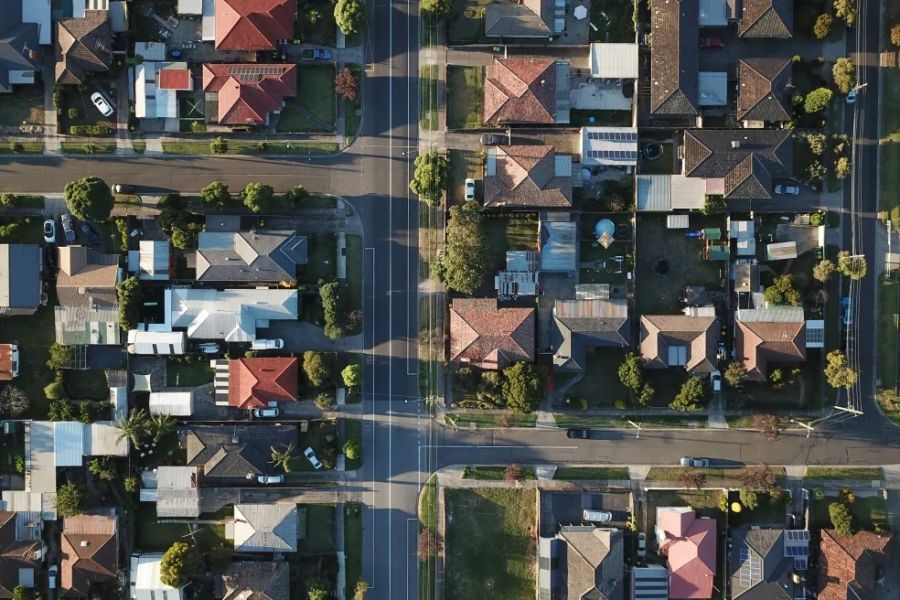The concept of a social contract, a cornerstone of societal stability, is under increasing scrutiny in New Zealand. Amidst shifting economic landscapes and evolving cultural expectations, questions arise about whether this tacit agreement between the state and its citizens is beginning to fracture. As we delve into the intricacies of this topic, it's crucial to understand the unique factors influencing New Zealand's social dynamics.
Understanding the Social Contract in New Zealand
Historically, the social contract in New Zealand has been predicated on mutual obligations: citizens consent to government authority and laws in exchange for protection and public services. This implicit agreement underpins societal cohesion, ensuring that both parties fulfill their roles in maintaining a stable society.
However, recent developments have raised concerns about its sustainability. The rapid rise in housing prices, for instance, has exacerbated inequality, making homeownership increasingly elusive for many Kiwis. According to Stats NZ, property prices surged by 27% from 2020 to 2023, raising affordability concerns and challenging the notion of equitable opportunity.
Economic Disparities: A Growing Concern
One of the most pressing issues straining the social contract is economic inequality. The gap between rich and poor has widened, with the top 10% of households controlling a disproportionate share of wealth. This disparity is mirrored in the job market, where high-paying tech jobs contrast starkly with low-wage service roles, leaving many feeling disenfranchised.
Moreover, the COVID-19 pandemic has exacerbated these inequalities. While some sectors, like technology and e-commerce, thrived, others, such as tourism and hospitality, struggled significantly. Data from the Ministry of Business, Innovation, and Employment (MBIE) indicates that unemployment in the tourism sector reached 8% in 2022, highlighting the uneven economic recovery.
Case Study: The Housing Market Crisis
The housing market crisis serves as a poignant example of the social contract under strain. Homeownership has long been a pillar of the Kiwi dream, yet soaring prices and stagnant wages have made it unattainable for many.
Problem: Middle-income families in Auckland found it increasingly difficult to secure housing due to inflated prices and limited supply.
Action: In response, the government introduced policies aimed at increasing housing supply, including the Urban Development Act of 2020. This initiative sought to streamline the development process and encourage affordable housing projects.
Result: By 2023, housing availability improved modestly, but prices remained high. A report from the Reserve Bank of New Zealand noted a slight deceleration in price increases, yet affordability issues persisted.
Takeaway: The case underscores the need for comprehensive solutions that address both supply-side and demand-side factors. Policymakers must balance development incentives with measures to curb speculative investments that drive up prices.
Debating the Future: Social Contract in Crisis?
The question of whether the social contract is breaking is hotly debated. On one hand, advocates argue that government policies are adapting to modern challenges, with initiatives like the Wellbeing Budget focusing on holistic societal health. These efforts aim to redistribute resources and address disparities.
Conversely, critics contend that these measures are insufficient. They point to systemic issues, such as the lack of affordable housing and rising living costs, as evidence of a fraying social contract. The frustration is palpable, particularly among younger generations who feel that the promise of upward mobility is slipping away.
Pros vs. Cons of the Current Social Contract
Pros:
- Government Initiatives: Programs like the Wellbeing Budget prioritize mental health, education, and poverty reduction, reflecting a commitment to societal welfare.
- Social Safety Nets: New Zealand’s welfare systems, including unemployment benefits and healthcare, provide crucial support during economic downturns.
- Community Resilience: Strong communal ties and volunteerism foster resilience and collective action in times of crisis.
Cons:
- Economic Inequality: Wealth concentration exacerbates disparities, undermining social cohesion.
- Housing Affordability: The housing crisis continues to thwart aspirations of homeownership, impacting financial security.
- Intergenerational Tensions: Younger generations face stagnating wages and high living costs, fueling discontent and questioning societal fairness.
Myths and Misconceptions
- Myth: "The social contract remains intact as long as welfare systems exist." Reality: While welfare systems are crucial, they alone cannot address deeper structural inequities that threaten societal harmony.
- Myth: "Economic growth benefits all citizens equally." Reality: Economic growth often favors certain sectors, leaving others behind, as evidenced by the uneven recovery post-COVID-19.
- Myth: "The housing crisis is solely due to foreign investment." Reality: While foreign investment plays a role, domestic speculation and supply constraints are significant contributors to the issue.
Future Trends and Predictions
Looking ahead, the social contract in New Zealand will likely evolve in response to emerging challenges. Technological advancements, such as AI and automation, may redefine job markets, necessitating new approaches to workforce development and social support.
Furthermore, climate change is poised to influence policy priorities, prompting shifts toward sustainable development and infrastructure resilience. By 2030, it is anticipated that 70% of new housing projects will incorporate eco-friendly designs to mitigate environmental impact.
Ultimately, the resilience of New Zealand’s social contract will hinge on its ability to adapt to these changes, ensuring that all citizens feel valued and supported.
Conclusion: A Call to Action
As New Zealand navigates these complex challenges, it is imperative for policymakers, businesses, and citizens to engage in meaningful dialogue about the future of the social contract. By fostering collaboration and innovation, New Zealand can build a more equitable and resilient society.
What do you think? Is the social contract in New Zealand breaking, or is it simply evolving to meet new challenges? Share your thoughts and join the conversation!
People Also Ask (FAQ)
- How does economic inequality impact New Zealand's social contract? Economic inequality undermines social cohesion by creating disparities in wealth distribution, leading to disenfranchisement and eroding trust in societal structures.
- What are the biggest misconceptions about New Zealand's housing crisis? Many believe foreign investment is the sole cause, but domestic speculation and supply issues also significantly contribute to rising housing prices.
- How can New Zealand address the challenges facing its social contract? Solutions include comprehensive housing policies, equitable economic growth strategies, and enhanced social welfare programs to support vulnerable communities.
Related Search Queries
- New Zealand social contract theory
- Economic inequality in New Zealand
- Housing affordability crisis NZ
- Future of New Zealand economy
- Government initiatives for social welfare in NZ
- COVID-19 impact on NZ job market
- Intergenerational equity in New Zealand
- Sustainable development policies NZ
- Social cohesion in New Zealand
- New Zealand's Wellbeing Budget































